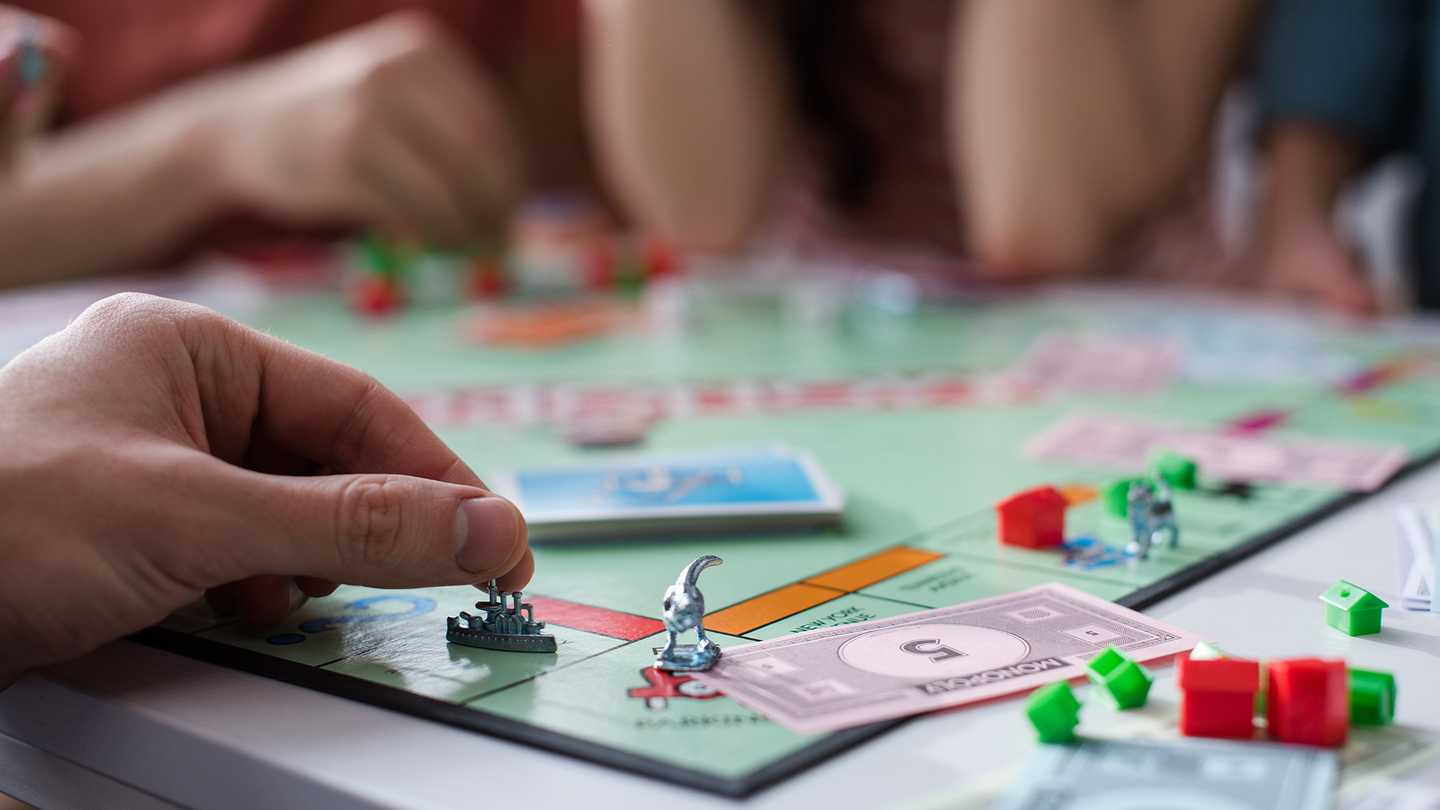
While hours-long Monopoly games may lead to friendly rivalry among family and friends, board games like the rainbow-colored classic can help young children improve their math skills. A small study published July 6 in the peer-reviewed journal Early Years finds that board games based on numbers can help three to nine year-olds improve addition, counting, and the ability to recognize if a number is higher and lower than another.
[Related: It’s in the rules to play dirty in this new soil-themed board game.]
The study team believes that children can benefit from learning programs or interventions where board games like Monopoly or Chutes and Ladders are used a few times per week while supervised by a teacher or trained adult.
Games can help enhance learning, but games where players take turns to move their pieces around a board can have different impacts from those that require wagering or gambling. The fixed rules of a board game also limit a player’s activities and the moves on the board, which can usually determine the overall playing situation.
“Using board games can be considered a strategy with potential effects on basic and complex math skills,” Jaime Balladares, study co-author and educational psychologist at Pontificia Universidad Católica de Chile, said in a statement. “Board games can easily be adapted to include learning objectives related to mathematical skills or other domains.”
In the study, the team reviewed 19 studies conducted between 2000-2023 involving children ages three to nine. All of the studies except for one focused on the relationship between mathematical skills and boardgames. The children participating in the studies received adult-led board game sessions that took place an average of twice a week for 20 minutes over one-and-a-half months.
They found that math skills improved significantly after the sessions among children for 52 percent of the tasks analyzed. Additionally, in nearly one third (32 percent) of the cases, the children in the game groups gained better results than the ones who did not participate in the games.
In some of the studies the team analyzed, children were grouped into either number-based board games or to a board game that didn’t focus on numeracy skills. Other studies used number-based board games, but were allocated different types, like dominoes vs. Monopoly.
[Related: How climate change board games could turn play into action.]
All of the participants were assessed on their math performance after the game sessions, which were designed to encourage early math skills such as counting out loud. The study team rated success by four categories: numeric competency, simple number comprehension like ‘‘nine is greater than three,” deeper comprehension where a child can add and subtract, and their interest in mathematics
According to Balladeres, designing and implementing board games along with scientific procedures that can evaluate their efficacy in helping kids learn math are critical tasks educators should develop.
“Future studies should be designed to explore the effects that these games could have on other cognitive and developmental skills,” said Balladeres. “An interesting space for the development of intervention and assessment of board games should open up in the next few years, given the complexity of games and the need to design more and better games for educational purposes.”
The post Kids pick up math skills while playing certain board games appeared first on Popular Science.
Articles may contain affiliate links which enable us to share in the revenue of any purchases made.
from | Popular Science https://ift.tt/Ii2Bp01



0 Comments